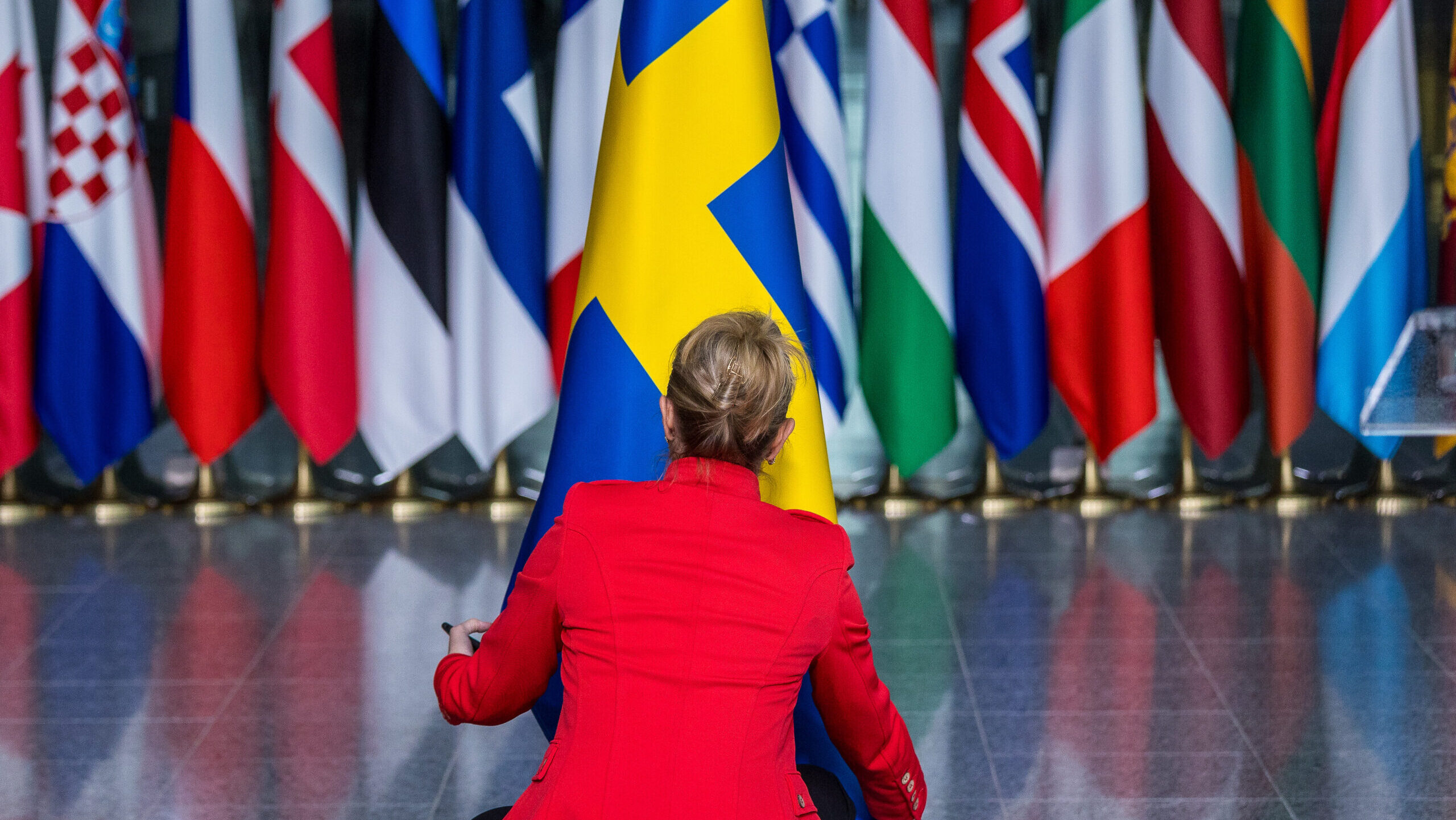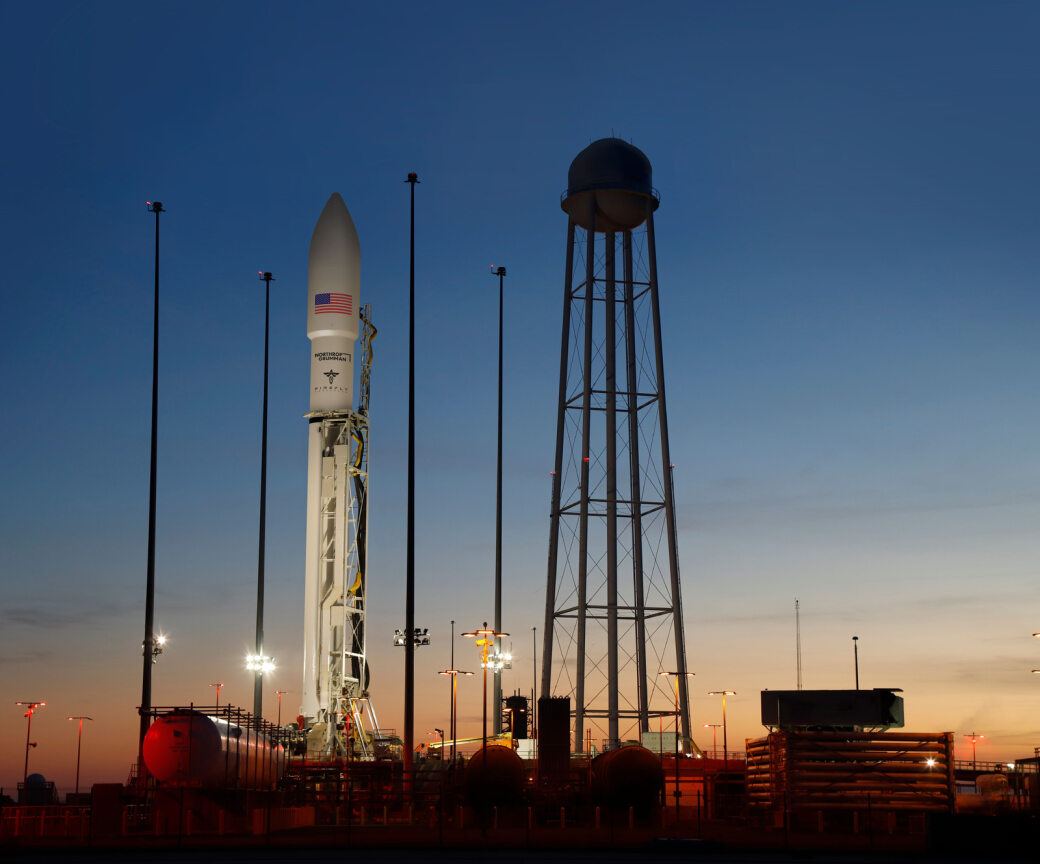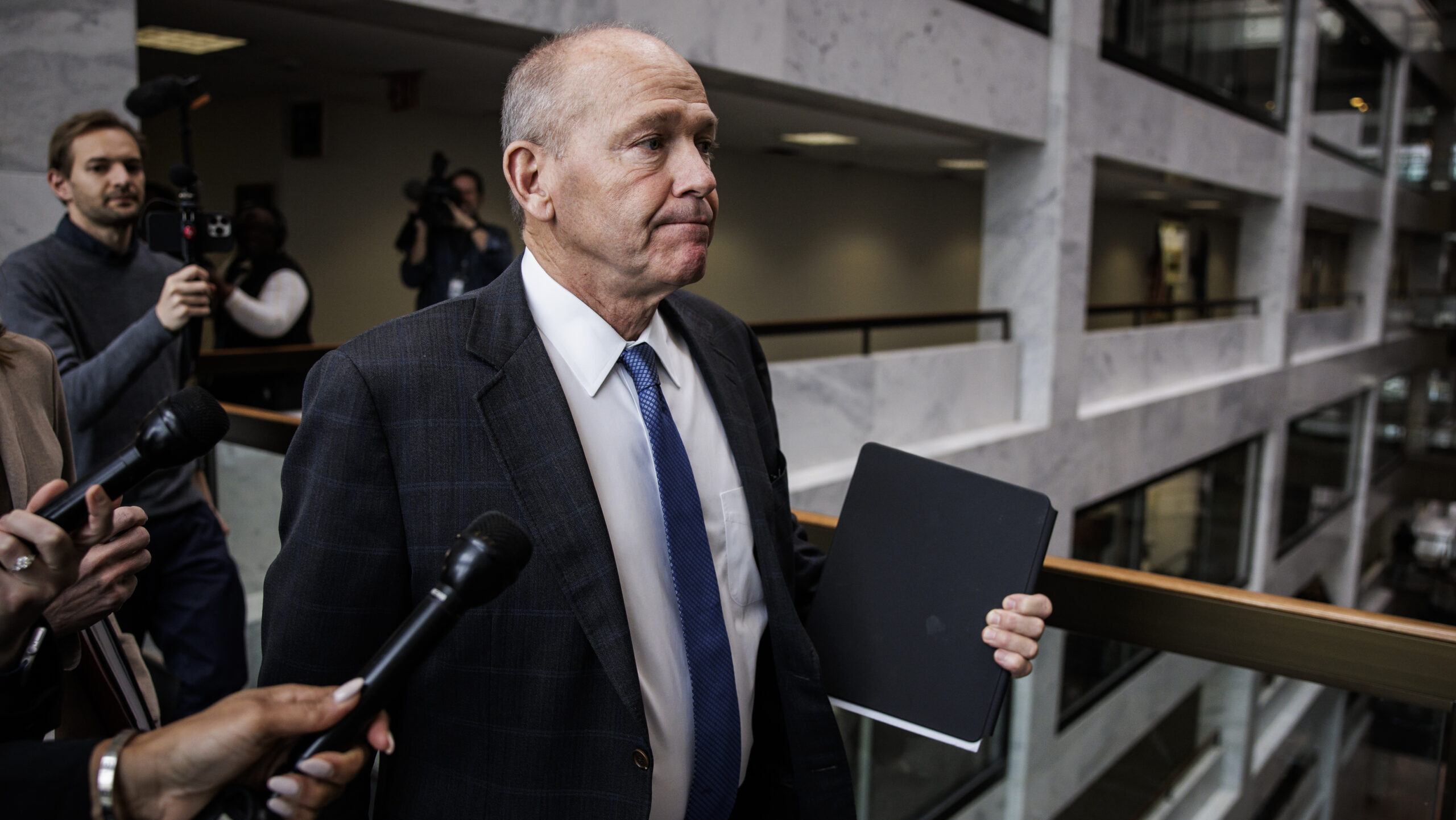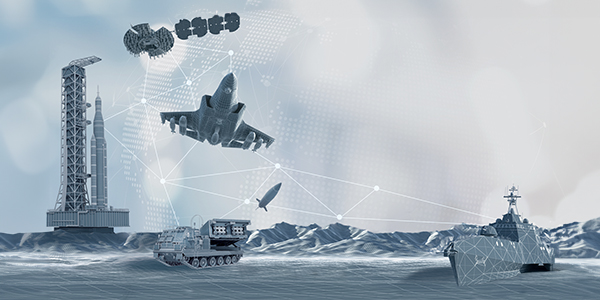
A NATO staff member arranges the Swedish flag before the start of a press conference ahead of the flag-raising ceremony to mark Sweden’s accession to NATO at the NATO headquarters on March 11, 2024 in Brussels, Belgium. (Photo by Omar Havana/Getty Images)
BELFAST — The
Swedish flag has been raised at NATO headquarters in Brussels and across alliance buildings for the first time, as the alliance formally welcomed the Nordic nation as its 32nd member today.
NATO Secretary General Jens Stoltenberg said Sweden “has taken its rightful place
at NATO’s table under the shield of Article 5 protection, the ultimate guarantee of freedom and security.”
Swedish Prime Minister Ulf Kristersson thanked Stoltenberg for supporting the membership process.
“We are humbled, but we are also proud,” he said. “We know the expectations for Sweden are high, but we also have high expectations for ourselves.”
Stoltenberg added that the move is “good for stability in the [high] north and good for the stability of our whole alliance.”
Discussing the contribution Sweden will make to the alliance, he said that Sweden brings “cutting edge capabilities” at both an armed forces and defense industrial level, and already spends more than 2 percent of its GDP on military funding, the target figure all allies are expected to meet.
Operationally, Sweden will be directly involved in NATO’s “increased presence” drawn up in the wake of Russia’s invasion of Ukraine and which continues to support the wider military aid effort by international partners to supply Kyiv with weapons.
Stockholm pledged its
largest arms package in February, valued at SEK 7.1 billion ($690 million), with weapons including 10 Saab Combat Boat 90 (CB90) fast assault craft, 20 Group Boats (G-Boats) and underwater weapons. Previous donations have included Combat Vehicle 90 (CV90) armored combat vehicles, NLAW anti-tank weapons and Archer self-propelled Howitzers.
Stoltenberg said that allies must continue to “strengthen” Ukraine on the battlefield, but he also hinted that NATO stands ready for peace negotiations with Moscow.
Russian President Vladimir Putin “must sit down and negotiate a solution where Ukraine is recognised and prevails as a sovereign independent nation,” he said.
Elsewhere, Kristersson ruled out nuclear weapons being stored on Swedish territory.
“We fully understand the need for all of NATO’s defence capabilities, including the nuclear strategy,” he said. “On the other hand, we say clearly that we see no need for Sweden to host permanent bases or nuclear weapons on Swedish soil in peace time. That is a Swedish decision which, I find, is being fully respected” by NATO.
Sweden’s opposition to nuclear weapons was a core part of the reason it previously decided against joining NATO. The alliance’s nuclear capability is its most powerful deterrence against aggression by Russia and rogue states generally.
Stoltenberg would not be drawn into whether Ukraine will be
invited to join the alliance at the forthcoming NATO Summit in Washington and declined to offer any specific timeline. Still, he said, the question of Ukraine’s accession is “not if but when.”
Allies have so far committed to an invitation only when “members agree and conditions are met,” according to language set out in a specially drafted communiqué and delivered at the last NATO Summit in
Vilnius, Lithuania.













